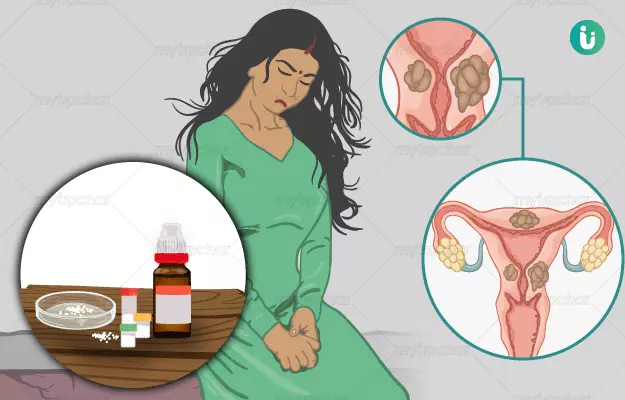Uterine fibroids are non-cancerous (benign) growths that develop in and around the walls of the uterus (womb). Also known as myomas, fibromas or leiomyomas, they consist of fibrous connective tissue and smooth muscle cells. It is estimated that around 20% to 50% of women in reproductive age have uterine fibroids, though not all are detected. The size of the fibroids varies and can range from the size of a pea to that of a small grapefruit. They may also vary in their location and number. Although the exact cause of uterine fibroids is not known, the hormones progesterone and oestrogen are said to play a key role. Some of the risk factors for fibroids include:
- Age: Fibroids are more commonly observed in women who are in their 30s and 40s. They usually shrink after menopause.
- Family history of fibroids: If somebody in your family has or had fibroids, chances are you may develop them too
- Ethnicity: African-American women are at a higher risk of developing fibroids.
- Obesity: Overweight women are more likely to be prone to fibroids. (Read more: Obesity complications)
- Eating habits: Eating a lot of red meat is known to increase the risk of fibroids, while green vegetables seem to decrease it.
Homeopathy is based on the theory of individualisation. Before prescribing a specific remedy, a homeopathic doctor not only considers the clinical history and apparent symptoms presented by the individual but also his/her lifestyle, hereditary factors and personality. This helps heal the person as a whole along with improving symptoms. Homeopathic remedies used in the treatment of uterine fibroids include aurum muriaticum natronatum, calcarea carbonica, lycopodium clavatum, phosphorus, pulsatilla pratensis, sepia officinalis, sulphur and thuja occidentalis.





















